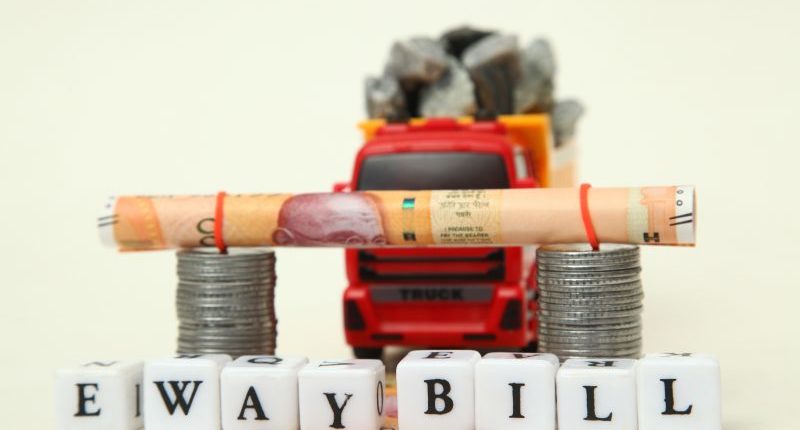The Goods and Services Tax (GST) Council formed a GST panel to evaluate if implementing the e-way bill mechanism for gold and precious stones is feasible. The panel agreed that states could independently decide whether to make e-way bills mandatory for the movement of gold and precious stones within their state to curb tax evasion.
The panel consists of following ministers:
| S No | Name of the Minister | Designation |
| 1 | Mr Thomas Isaac, Kerala Finance Minister | Head of the panel |
| 2 | Mr Sushil Modi, Bihar Deputy Chief Minister | Member of the panel |
| 3 | Mr Nitin Patel, Gujarat Deputy Chief Minister | Member of the panel |
| 4 | Mr Basvaraj Bommai, Karnataka Home Minister | Member of the panel |
| 5 | Mr Manpreet Singh Badal, Punjab Finance Minister | Member of the panel |
| 6 | Mr Amit Mitra, West Bengal Finance Minister | Member of the panel |
At present, the inter-state movement of goods over Rs 50,000 requires an e-way bill; however, gold is exempt. As the tax evasion and smuggling of gold are increasing, the GST Council created a group of ministers to take measures. Currently, GST on gold is levied at 3% while precious stones and diamonds are taxed at 0.25%-3%.
The panel stated that the legal changes which are required to make e-way bill generation mandatory for intrastate movement of gold, and a monetary threshold for gold would be worked out by the Department of Revenue. The proposal will then be taken to the GST Council for its final approval.
Also Read: The Rise in GST e-Way Bills Leads to Normalcy of Indian Economy
The panel also stated that a proper tax administration is needed for gold. States like Gujarat, known for gold and diamond industry, had reservations about data of transportation of gold and diamonds being revealed if the e-way bill system is implemented as it tracks the transport of goods.
The panel agreed to implement the e-way bill system within a state and secrecy of movement of goods will be maintained, where only commissioner-level officials will deal with the information. The panel was not in favour of making e-way bills mandatory for inter-state movement of gold as it is not feasible and will complicate the system. The implementation of e-way bill system for intrastate movement of gold will help in restricting tax evasion as trade in the commodity mostly happens within a state.
Currently, the smuggled gold is sold as old gold. The panel is proposing a reverse tax mechanism on sale of the old gold to check the smuggling of gold. Under the reverse-charge mechanism tax, the buyer of old gold will have to pay GST, for which he can claim the tax as credit. This will help in keeping a check on smuggled gold that has doubled to about 2,000 kg in 2019-20.
The panel has not yet submitted their final recommendations to the GST Council. The board is also exploring the option of whether the e-invoicing system can be extended for gold. The e-invoicing is made mandatory from 1 October 2020 for the taxpayers having more than Rs 500 crore turnover. Once the panel submits the final recommendations, the Council may decide at its next council meeting.
For any clarifications/feedback on the topic, please contact the writer at dvsr.anjaneyulu@cleartax.in
DVSR Anjaneyulu known as AJ, is a Chartered Accountant by profession. Loves to listening to music & spending time with family and friends.





